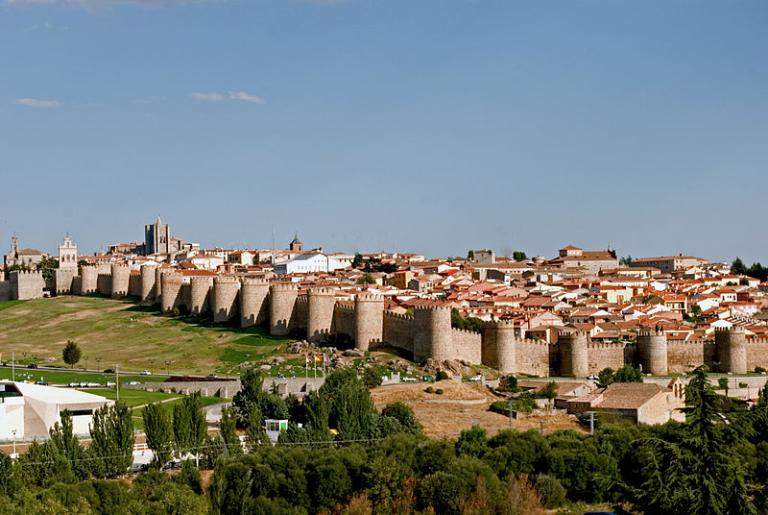
(Wikimedia Commons public domain image)
Eric Metaxas, Life, God, and Other Small Topics: Conversations from Socrates in the City (New York: Plume/Penguin, 2011) includes, among others, a transcript of a 23 January 2003 New York City speech by the philosopher Peter Kreeft, of Boston College.
Suppose you throw God into the package. What’s God’s answer to the problem of suffering, when he finally appears and gives Job, the archetypal sufferer, his answer? Job asks all sorts of great questions, and God doesn’t answer a single one of them. He says basically — if I may summarize his great rhetoric in a few much less great words: “Hush, child, you couldn’t possibly understand. Who do you think you are, anyway? I’m the Author; you’re the character.”
After the first shock, we realize that makes immense sense. If, in fact, we are characters in a story written by a transcendent Author, then for us to understand each syllable of this mysterious play would refute the hypothesis that there is a transcendent Author. He would no longer be transcendent. He would be us; he would be a projection of us. In other words, it’s utterly rational that life be irrational. (52)
Now, though, Kreeft offers several “specifically religious arguments that depend upon faith in the supernatural and in a divine revelation”:
One answer to why we suffer is basically God’s answer to Job: “Trust me.” It’s an invitation to trust — what parents give to children: “You’re a child; you can’t understand, but you can love, you can trust. You don’t have to, but you can.” . . . Look at Jesus’s first words in John’s gospel: “Come and see.” What an open-ended invitation!
Secondly, there is hope, which is faith directed toward the future. Suppose the entire universe is a very small thing, a womb. When you were in the womb, you probably thought that was the whole universe; it was enormous. Is there life after birth? Maybe so, maybe not. You found out that there was. Well, maybe that’ll happen again when you die, in which case you couldn’t possibly understand the meaning of suffering here. This is only the womb. When you were a little fetus, you probably said, “Why do I have feet? Why am I kicking? There are no sidewalks.” But now, you know. Probably 99 percent of what we do here is preparation for the next life, which we can understand about as well as our cats and dogs can understand our life.
It’s possible to believe the astonishing claim of Saint Teresa of Avila, who suffered a lot and asked God about it and got some answers. She said, “The most horrible life on earth filled with the most atrocious sufferings will be seen from the viewpoint of heaven to be no more serious than one night in an inconvenient hotel.” If that’s not true, then heaven is not heaven. (53-54)










